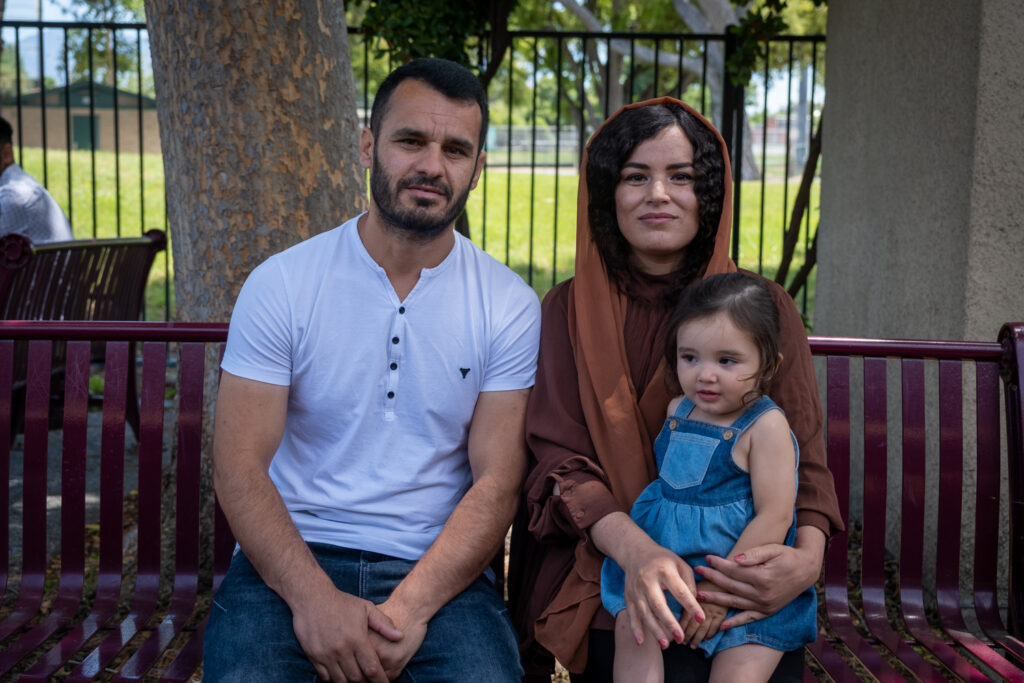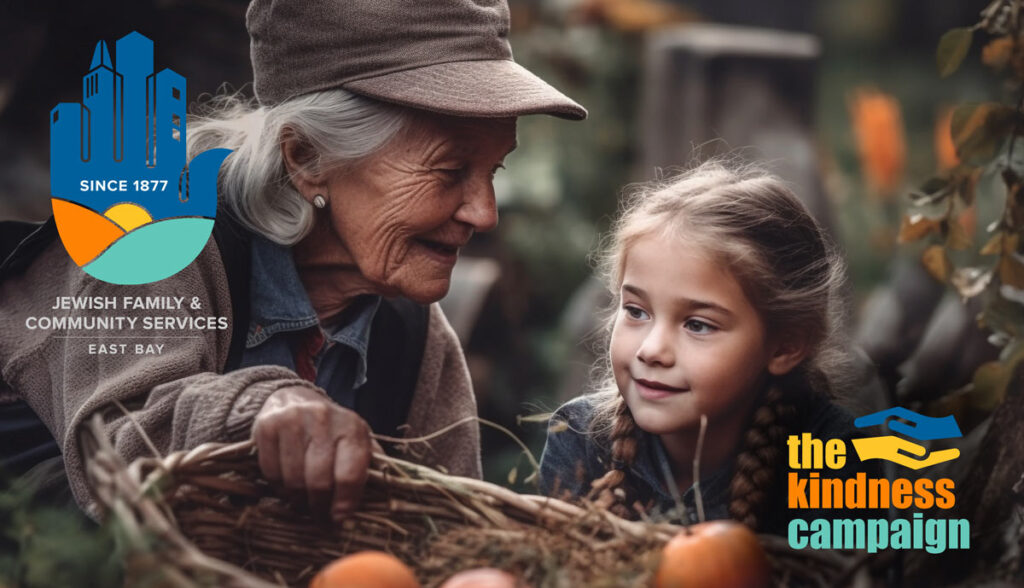Immigration Law
We help immigrants or refugees in the East Bay with legal advice, rights and representation to find a legal process to residency and citizenship.
A Path to Legal Security for Immigrants
Immigrants make up more than 25% of our population in the East Bay. They are a vital part of the social, economic, and cultural life of our communities. We are here to guide these new immigrants on the difficult path to legal security and citizenship.
Immigration Law
JFCS East Bay offers services to ensure that immigrants and newcomers are informed about their rights as immigrants, understand their options, and have the resources and representation they need as they seek a legal pathway to citizenship.
JFCS East Bay is recognized by the Department of Justice as a legal service provider with multilingual accredited representatives and a team of immigration attorneys. We represent immigrants and refugees from around the world as they apply for immigration benefits, appear before the Immigration Court, and navigate government decisions. With services offered in Dari, English, Farsi, Russian, and Spanish, we support immigrants and ensure immigrants’ rights, with a focus on keeping families together in the United States.


General Immigration Assistance
Even basic immigration applications are complicated to understand and often involve hidden pitfalls which can result in denial or even deportation. Our experienced staff helps clients understand the risks and available options. We collaborate with our clients to achieve greater security and stability through lawful immigration status.
How We Help
Our team of attorneys and accredited representatives assists clients with affirmative filings before U.S. Citizenship and Immigration Services (USCIS).
Through our General Immigration Assistance program, JFCS East Bay serves immigrants and refugees from around the globe. We offer free advice and consultation through our weekly clinics. Our staff provides culturally and linguistically appropriate representation in applications for citizenship, legal permanent residency (“green cards”), Deferred Action for Childhood Arrivals (DACA), Temporary Protected Status (TPS), U visas, VAWA, and more.
Removal Defense – Immigration Court Cases
When a person or family is in removal proceedings, this means the U.S. government is prosecuting them in immigration court. While the stakes are incredibly high – there is no right to free representation in immigration court. Immigrants and refugees are forced to defend themselves before a judge, against an expert immigration attorney, through a complex set of laws and precedents, often in a language they may not speak or comprehend. Sometimes these cases rocket through the system with little time to prepare, and other times they can last for years or even decades.
How We Help
Through our collaboration with Stand Together Contra Costa JFCS East Bay attorneys provide free, full-scope representation to individuals and families at all stages of removal proceedings, including custody determinations, master calendar hearings, merits, and appeals. Our removal defense team specializes in court cases to afford the highest caliber, culturally and linguistically appropriate representation to our clients. Removal defense clients must live, work, or study in Contra Costa County to qualify for services.
Legal Assistance for Afghans
When U.S. forces withdrew from Afghanistan and the Taliban took over that country in the fall of 2021, the U.S. government hurriedly evacuated tens of thousands of Afghans and brought them to the U.S. Unlike “refugees” who enter the U.S. with permanent status, Afghans evacuated under Operation Allies Welcome and Operation Allies Rescue were temporarily paroled into the U.S. This means that these parolees must apply for permanent status before their parole expires. This humanitarian crisis created a tidal wave of need for immigration legal representation.
How We Help
To address the urgent demand for Afghan legal assistance, JFCS East Bay created a Dari and Pashto- speaking legal team dedicated to meeting the legal needs of these parolees. Our services include representation in applications for affirmative asylum, Temporary Protected Status (TPS), parole extensions, legal permanent residency (“green cards”) based on family relationships or Special Immigrant Visa status, work permit assistance, and more.
JFCS East Bay also created the Afghan Pro Bono Representation Project to help meet the urgent need for representation in Afghan asylum applications. Through this project, we recruit and train licensed pro bono attorneys, and match them with Afghans needing legal representation. We provide support and mentorship to our pro bono attorneys to ensure top-notch representation for our Afghan clients. We are not seeking new pro bono attorneys at this time.
Our Afghan legal services team also assists Afghans who arrived in the U.S. as refugees and were resettled by the JFCS East Bay Refugee Services program. Our Afghan legal services team helps our Afghan refugee clients with applications for legal permanent residency (“green cards”), citizenship, family reunification applications, work permits, and more.







